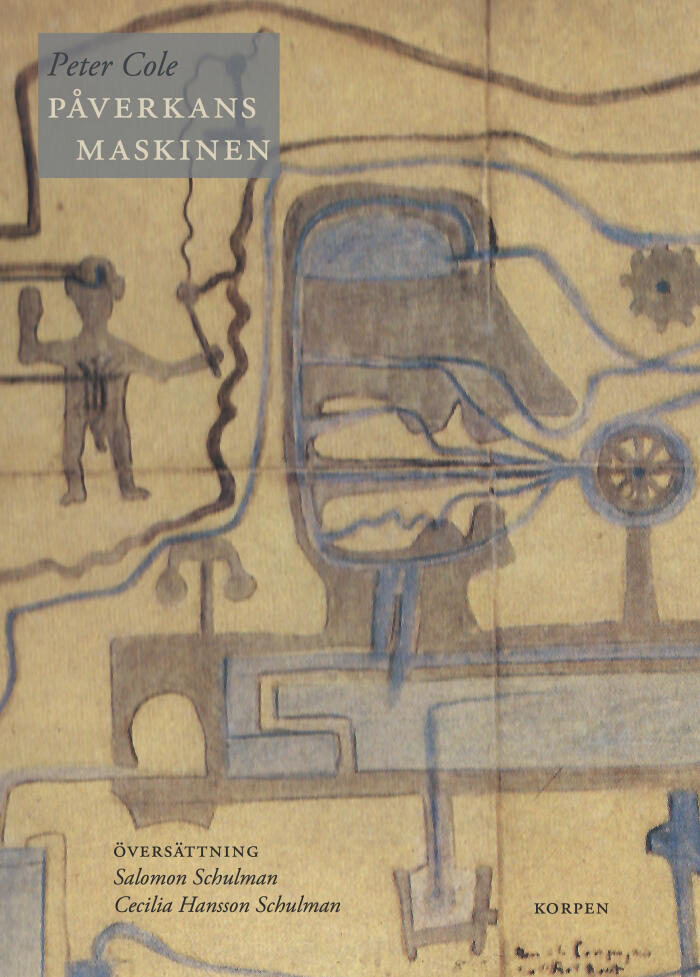
Påverkansmaskinen
아직 평점이 없습니다
Religion & Spirituality
Poetry
형식
페이퍼백
페이지
87
언어
스웨덴어
출판됨
Jan 1, 2024
출판사
Bokförlaget Korpen
ISBN-10
9189401832
ISBN-13
9789189401839
설명
Victor Tausk emerges as a fascinating figure in the realm of early psychoanalysis, known for his unique contributions and innovative ideas. As a prodigious disciple of Sigmund Freud, he carved out his own intellectual path amidst the tumultuous backdrop of early 20th-century Europe. His insights into the human psyche and the influence of external factors on mental health are explored deeply in this engaging narrative.
This book delves into Tausk's groundbreaking concept of the "influence machine," which presents a compelling perspective on how individuals can be affected by external forces, shaping their thoughts and behaviors. The authors weave a rich tapestry of historical context, philosophical discourse, and case studies, making Tausk's theories accessible and relevant to contemporary audiences.
Through meticulous research and dynamic storytelling, the authors illuminate not just Tausk's theories but also the societal and psychological landscapes of his time, allowing readers to appreciate the far-reaching implications of his work. The narrative reflects on the complexities of human experience and urges a re-examination of how societal influences mold individual psychology.
With a blend of psychological analysis and historical reflection, this book offers an enlightening journey into the mind of Victor Tausk. It stands as a testament to his enduring legacy and his pivotal role in the evolution of psychoanalytic thought, inviting readers to ponder the intricate dynamics between self and society.
This book delves into Tausk's groundbreaking concept of the "influence machine," which presents a compelling perspective on how individuals can be affected by external forces, shaping their thoughts and behaviors. The authors weave a rich tapestry of historical context, philosophical discourse, and case studies, making Tausk's theories accessible and relevant to contemporary audiences.
Through meticulous research and dynamic storytelling, the authors illuminate not just Tausk's theories but also the societal and psychological landscapes of his time, allowing readers to appreciate the far-reaching implications of his work. The narrative reflects on the complexities of human experience and urges a re-examination of how societal influences mold individual psychology.
With a blend of psychological analysis and historical reflection, this book offers an enlightening journey into the mind of Victor Tausk. It stands as a testament to his enduring legacy and his pivotal role in the evolution of psychoanalytic thought, inviting readers to ponder the intricate dynamics between self and society.